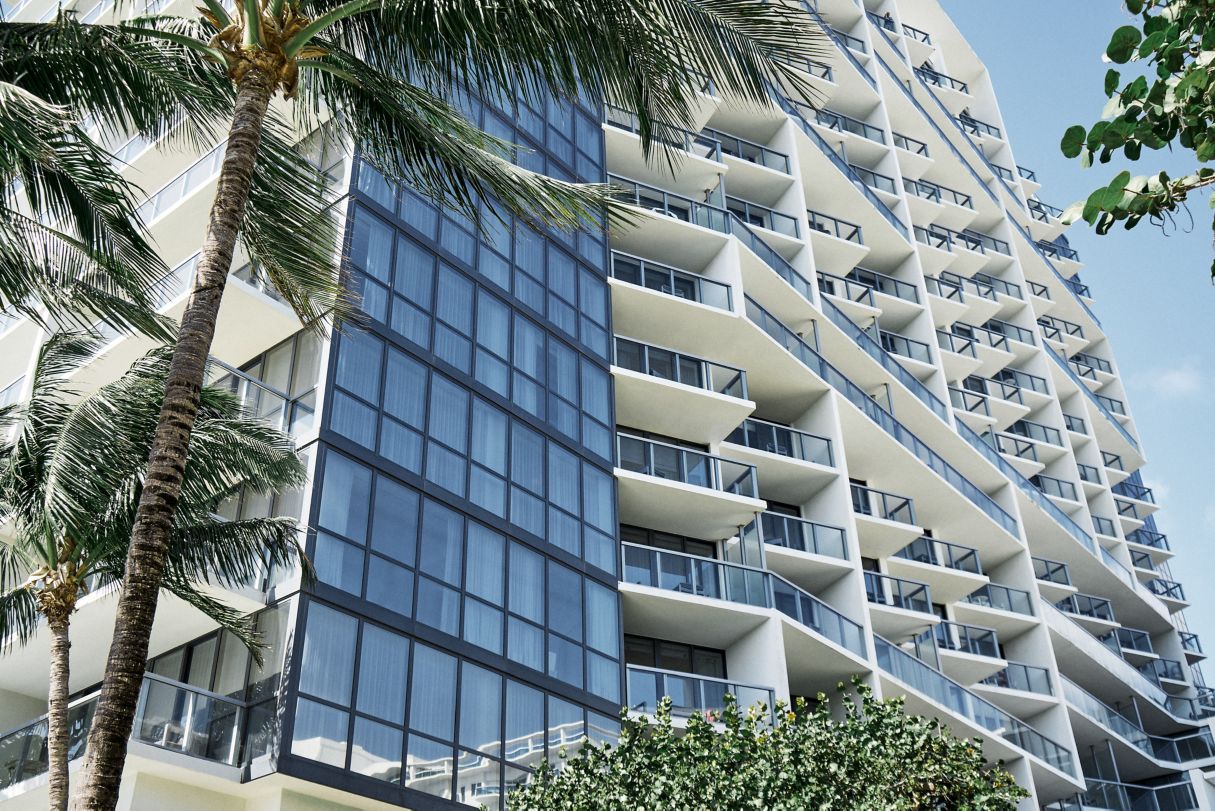
Strong fee and free cash flow growth could lead to 15% to 20% adjusted diluted eps growth over three-year period through 2025.
Marriott International, Inc. presented the company’s three-year financial model through 2025 at its meeting with institutional investors and security analysts at the W South Beach in Miami Beach, Florida.
In the presentation, the company reiterated its 2023 outlook given in August and introduce two-year compounded annual growth rates (CAGRs) from 2023 to 2025 for certain key performance metrics. Marriott will outline its plan to add 230,000 to 270,000 net rooms over three years, expanding its industry-leading global portfolio to nearly 1.8 million rooms by year-end 2025. This represents a three-year CAGR for net rooms of 5.0 to 5.5 percent. In addition, the company’s model assumes global RevPAR growth at a two-year CAGR of 3 to 6 percent from 2023 to 2025, after rising 12 to 14 percent this year.
“With global travel poised for continued robust growth, our strategy is to deliver the best brands and experiences for consumers, to attract and retain the most loyal guests and to be in more places around the world. These are our three paths to win,” said Anthony Capuano, President and Chief Executive Officer, Marriott International. “As consumers continue to prioritize travel and experiences, we are focused on transforming our technology platform while leveraging our powerful revenue engines and our leading Marriott Bonvoy loyalty program to connect people through the power of travel. With our extraordinary associates around the world, I am incredibly optimistic about Marriott’s future.”
Given the assumptions in its three-year model, the company could produce the following results:
- Total gross fee revenues could rise 16 to 18 percent year-over-year in 2023 and at a 6.5 to 9.5 percent two-year CAGR to reach $5.4 to $5.8 billion in 2025.
- Adjusted earnings before interest, taxes, depreciation, and amortization (adjusted EBITDA) could increase 18 to 21 percent year-over-year in 2023 and at a 7 to 10 percent two-year CAGR to reach $5.2 to $5.7 billion in 2025.
- Adjusted diluted earnings per share (adjusted diluted EPS) could rise 25 to 29 percent year-over-year in 2023 and at a 10 to 15 percent two-year CAGR to reach $10.10 to $11.45 in 2025.
- Shareholders could see $1.9 to $2.0 billion in dividends, assuming a 25 percent payout ratio, and $9.8 to $11.6 billion in share repurchases, for total shareholder returns of $11.7 to $13.6 billion over the three-year period through 2025.
“Our asset-light and resilient business model drives powerful results,” said Leeny Oberg, Chief Financial Officer and Executive Vice President, Development. “We expect to produce significant free cash flow and earnings growth over the next few years and create meaningful value for our shareholders.”
Growth Areas
As part of the presentation of its three-year financial model, Marriott discussed the priority it is placing on generating valuable global rooms growth over the long term. The company discussed its efforts to grow the distribution of its more than 30 leading brands, while also introducing new brands and offerings that meet customers’ evolving needs. It will highlight the following key priorities that support its growth plans – midscale, extended stay, leisure and luxury, and conversions.
The company expects to follow a tailored development approach in its expansion in the affordable midscale segment, recognizing differences by continent to accommodate regional customer and owner expectations. To date, Marriott has completed an acquisition (the City Express brand portfolio) in the Caribbean and Latin America region, created a midscale extended stay brand in the U.S. & Canada region (StudioRes) and, just this morning, announced a new brand for its Europe, Middle East and Africa region (Four Points Express by Sheraton). The company also plans to further expand in the extended stay segment, having recently announced the launch of Apartments by Marriott Bonvoy.
Marriott is also emphasizing luxury and leisure offerings. It is currently leading in luxury distribution globally, with nearly 500 open luxury hotels and 17 percent of the market, approximately 1.5 times the size of its next largest competitor. The company remains focused on extending its leading position with another 225 luxury properties in the pipeline. Conversions, particularly multi-unit conversions, are also a critical piece of the company’s overall growth strategy. In the first six months of 2023, conversions accounted for 63 percent of room signings, including the MGM Resorts transaction, and 25 percent excluding MGM.
Continued robust growth in Marriott’s branded residential business, cobrand credit card offerings and other adjacencies such as The Ritz-Carlton Yacht Collection are also expected to enhance the company’s fee growth. Marriott expects to continue its disciplined approach to investing capital in long term value enhancing projects that drive cash flow growth.
Vicky is the co-founder of TravelDailyNews Media Network where she is the Editor-in Chief. She is also responsible for the daily operation and the financial policy. She holds a Bachelor's degree in Tourism Business Administration from the Technical University of Athens and a Master in Business Administration (MBA) from the University of Wales.
She has many years of both academic and industrial experience within the travel industry. She has written/edited numerous articles in various tourism magazines.
































































































































